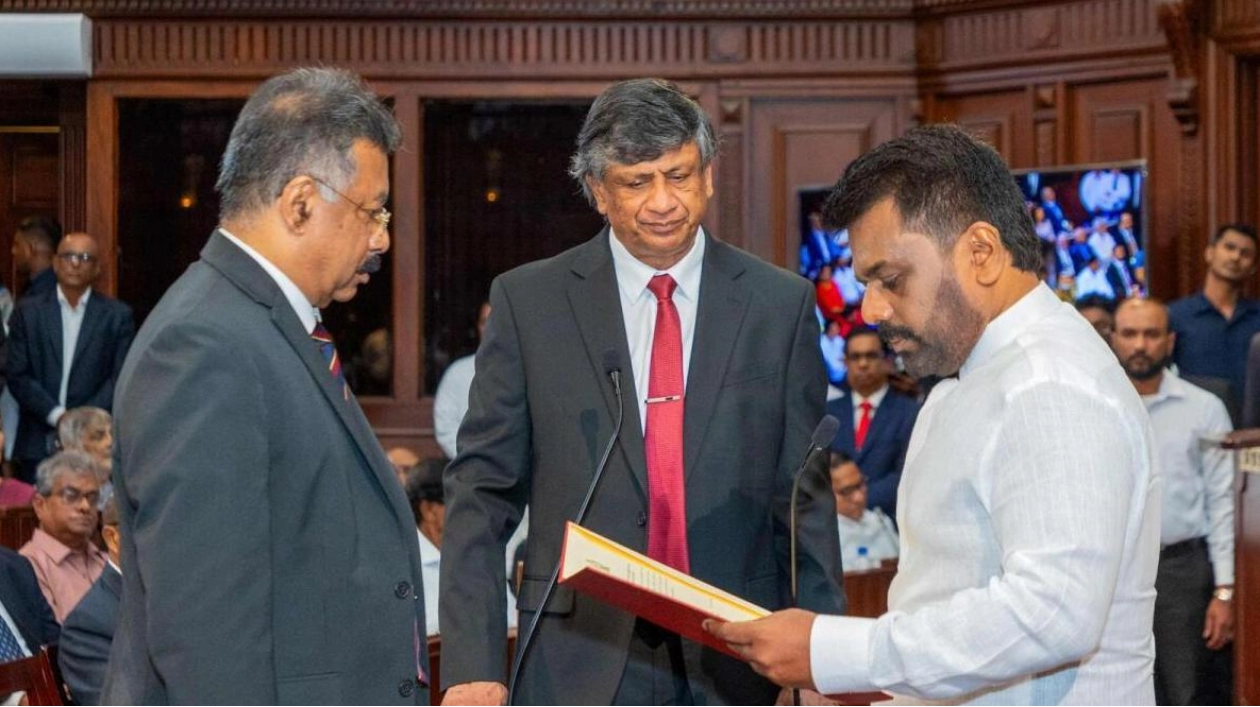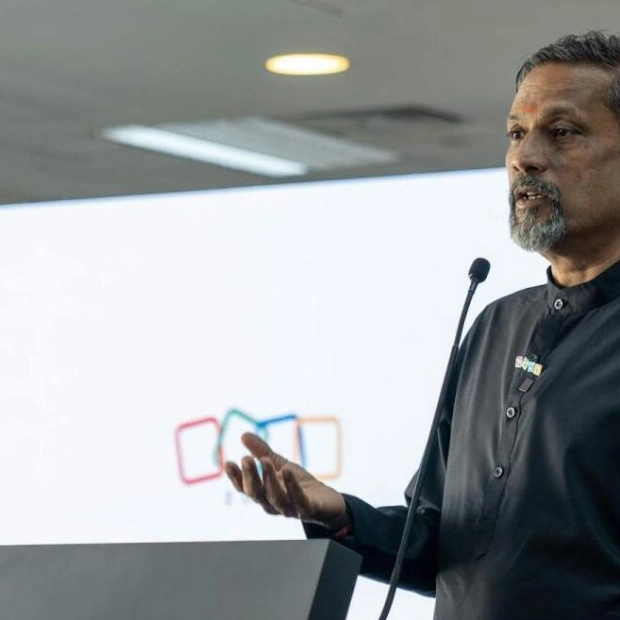Chinese President Xi Jinping expressed his desire to expand cooperation with Sri Lanka under the Belt and Road Initiative (BRI) on Monday, while congratulating the island nation's new leader, Anura Kumara Dissanayaka. Dissanayaka, a self-proclaimed Marxist, was sworn in at the Presidential Secretariat in Colombo, pledging to rebuild public trust in politics. Sri Lanka is recovering from a prolonged economic crisis, partly attributed to the high-debt Chinese mega-projects facilitated by the BRI, which is a cornerstone of Xi's strategy to increase China's influence abroad.
In a message to Dissanayaka, Xi emphasized his commitment to fostering China-Sri Lanka relations and expressed his willingness to collaborate with the new president to strengthen their traditional friendship and mutual political trust, as reported by state broadcaster CCTV. Xi also expressed hope that bilateral cooperation under the BRI would yield more positive outcomes. He further stated that Beijing would work towards advancing the sincere mutual assistance and strategic cooperative partnership between the two nations, aiming to generate more benefits for their peoples.
Western critics often accuse China of leveraging the BRI to entangle developing nations in unsustainable debt, thereby exerting diplomatic pressure or even seizing their assets. However, numerous leaders and studies by prominent global think tanks, such as London's Chatham House, have debunked the 'debt trap' theory. In December 2017, Sri Lanka was unable to repay a substantial Chinese loan and consequently leased its Hambantota port to a Beijing company for 99 years at a cost of $1.12 billion. The country also defaulted on its foreign debts in 2022, leading to severe shortages of food, fuel, and medicine.
China is Sri Lanka's largest bilateral creditor, with its loans amounting to $4.66 billion out of the $10.58 billion borrowed from other countries. Last year, the International Monetary Fund approved a $2.9 billion bailout loan for Sri Lanka, and Beijing agreed to restructure its loans to the country. This month, Sri Lanka finalized a debt restructuring agreement with international bondholders.






